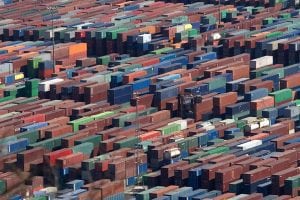 Many exporters of recovered materials have increased the volume they send to Southeast Asia this year in an effort to fill the void left by China.
Many exporters of recovered materials have increased the volume they send to Southeast Asia this year in an effort to fill the void left by China.

 Many exporters of recovered materials have increased the volume they send to Southeast Asia this year in an effort to fill the void left by China.
Many exporters of recovered materials have increased the volume they send to Southeast Asia this year in an effort to fill the void left by China.
 OCC prices have taken a steep drop, but values for some key plastics continue to climb.
OCC prices have taken a steep drop, but values for some key plastics continue to climb.
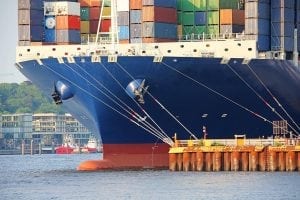 Many developments related to the Chinese recycling import market have taken place in recent weeks. The following is a look at key updates.
Many developments related to the Chinese recycling import market have taken place in recent weeks. The following is a look at key updates.
 A $1 million grant from the Coca-Cola Foundation will kickstart a program to buy lidded recycling carts for coastal U.S. communities.
A $1 million grant from the Coca-Cola Foundation will kickstart a program to buy lidded recycling carts for coastal U.S. communities.

Georgia-Pacific, one of the world’s largest paper-product manufacturers, is working to scale up a patented technology to recover material from food-soiled packaging.

Months after China ramped up restrictions on scrap imports, countries such as Indonesia, Malaysia and Vietnam are initiating similar, if less extensive, policies as officials try to get a handle on massive increases in shipments and improper use of permits.
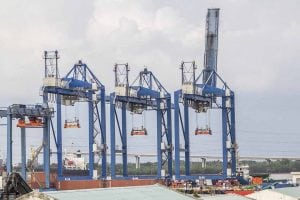 Vietnamese authorities have boosted inspections of scrap imports and plan to halt shipments to key ports next month.
Vietnamese authorities have boosted inspections of scrap imports and plan to halt shipments to key ports next month.
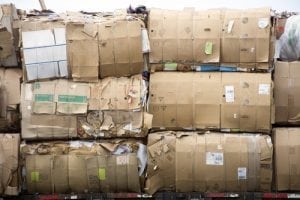
A market expert recently discussed some of the effects China’s National Sword policy has had on that country’s massive paper-products industry.
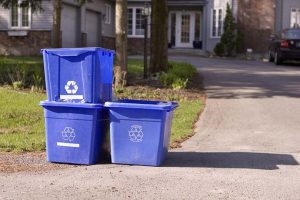 Debate over source separation has carried on since the single-stream concept emerged, but it has received particular attention over the past year, because of China’s import restrictions and the ensuing market fallout.
Debate over source separation has carried on since the single-stream concept emerged, but it has received particular attention over the past year, because of China’s import restrictions and the ensuing market fallout.
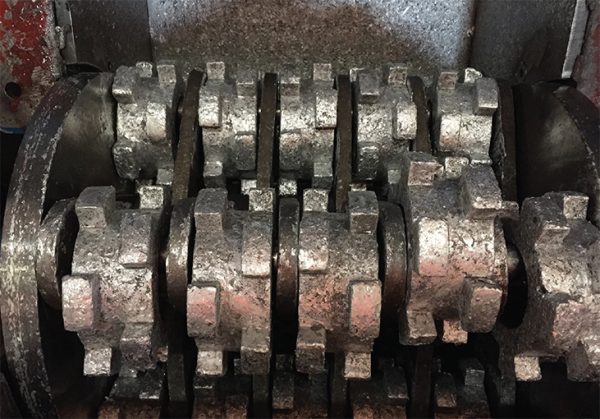 China supplies components for a lot of equipment used in the U.S. recycling industry, meaning tariffs on Chinese imports would be felt across many recycling sectors, according to an industry association.
China supplies components for a lot of equipment used in the U.S. recycling industry, meaning tariffs on Chinese imports would be felt across many recycling sectors, according to an industry association.
